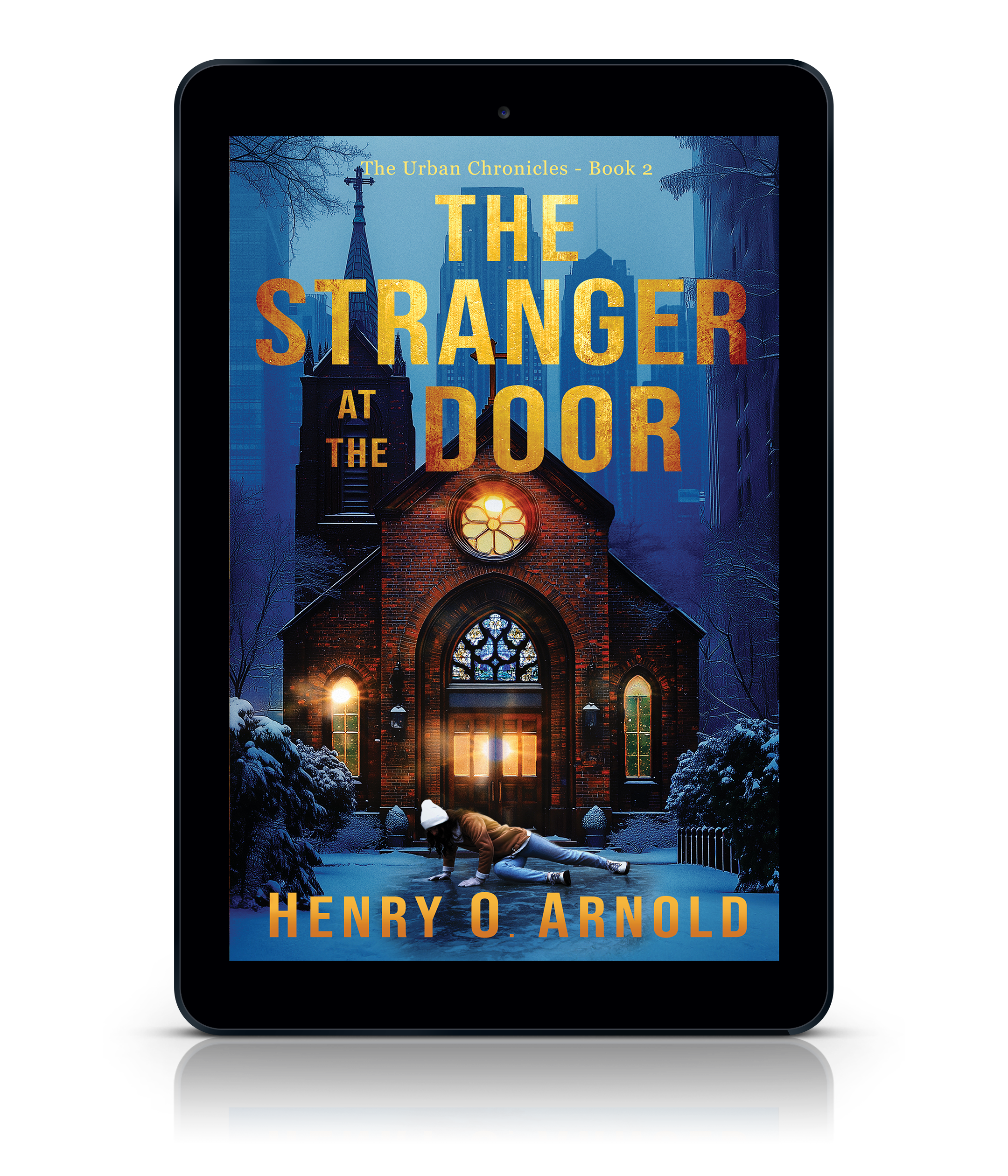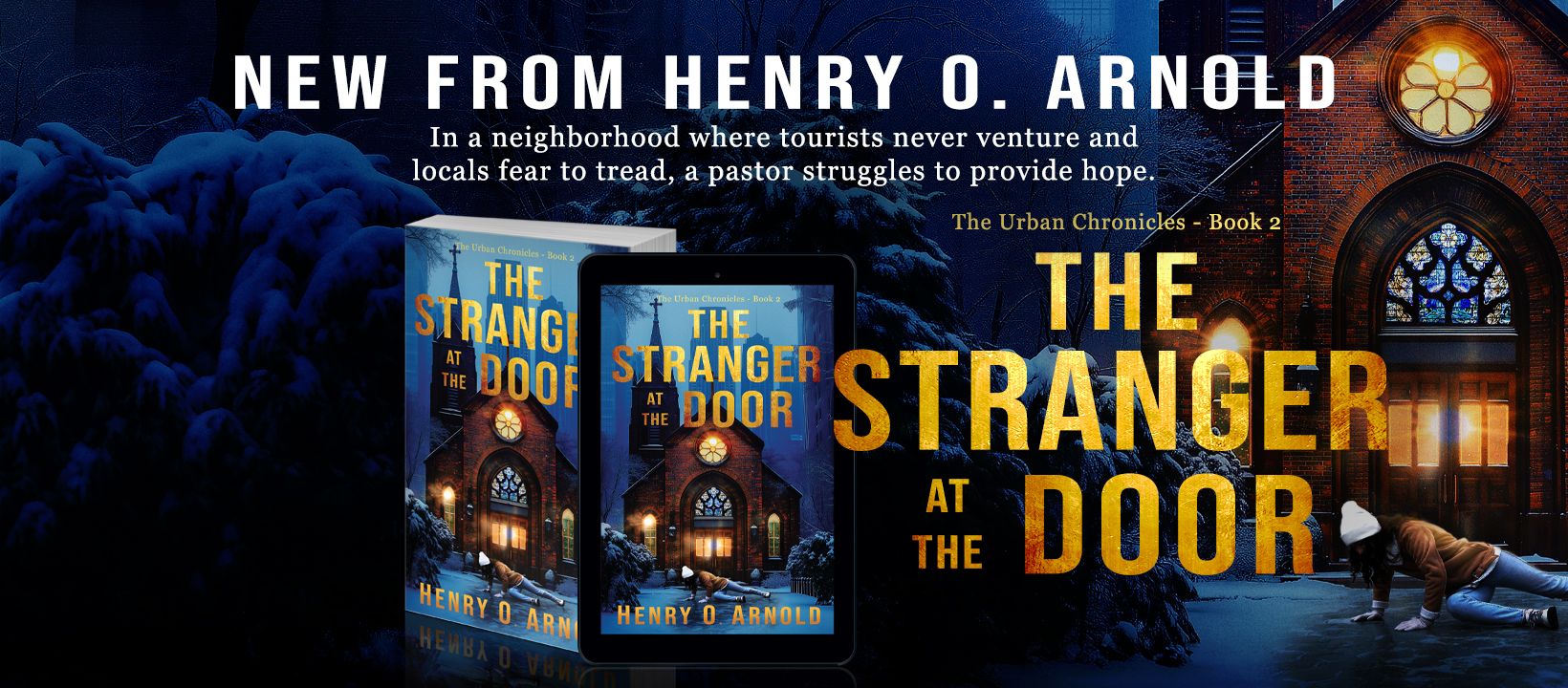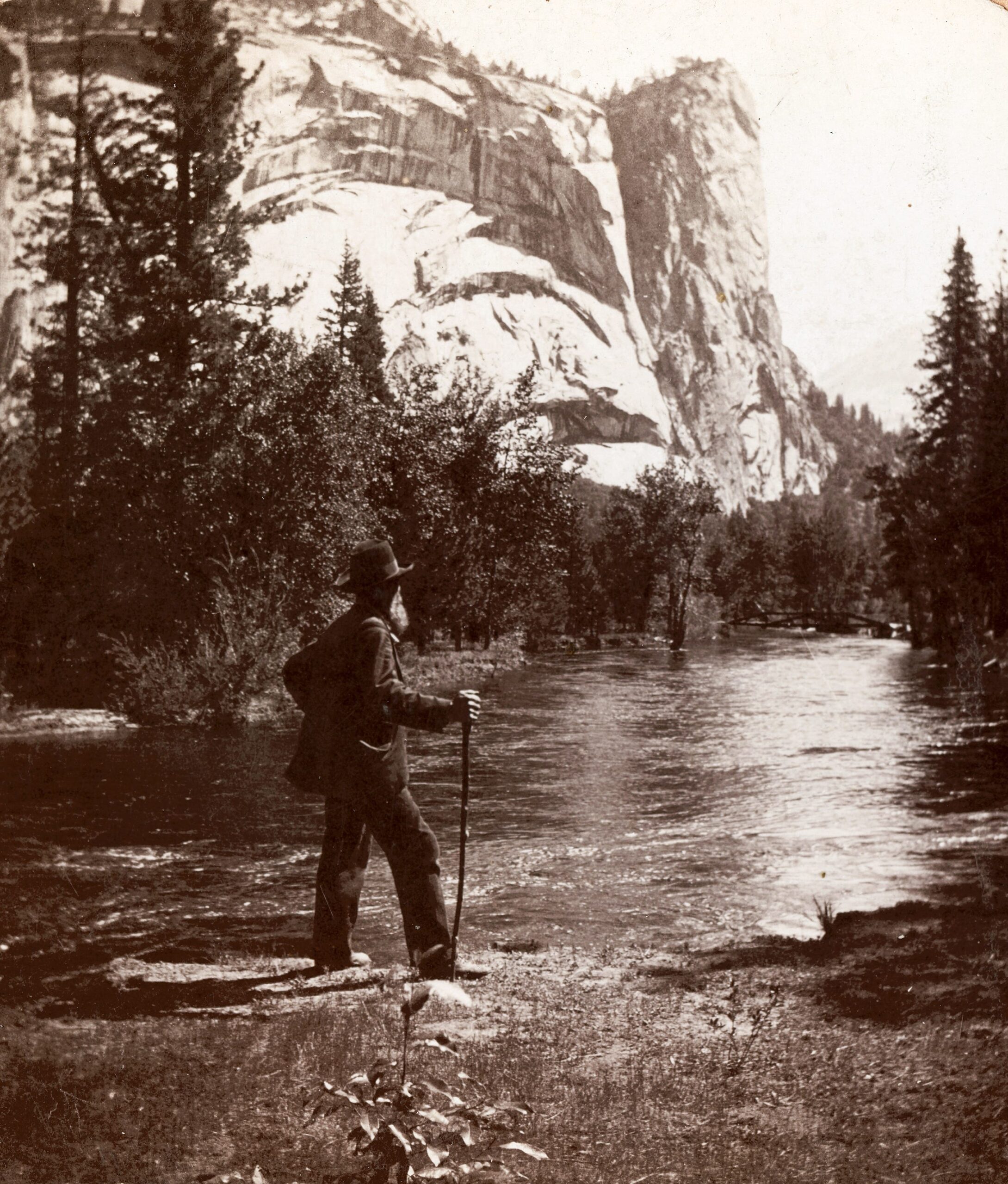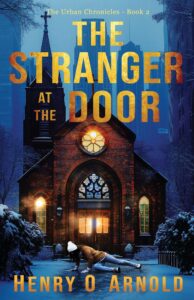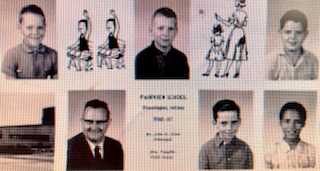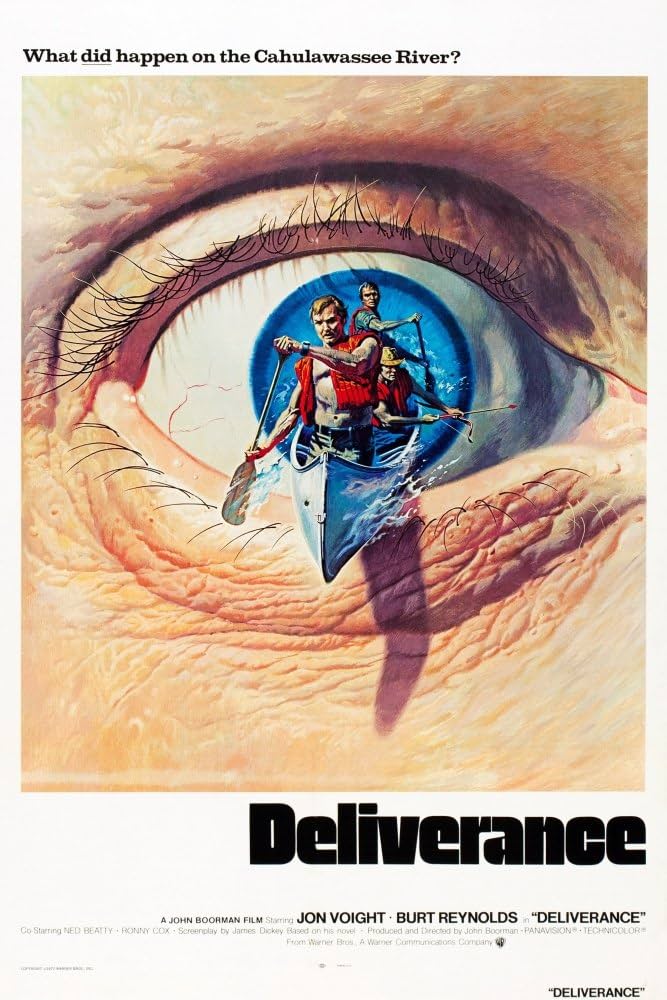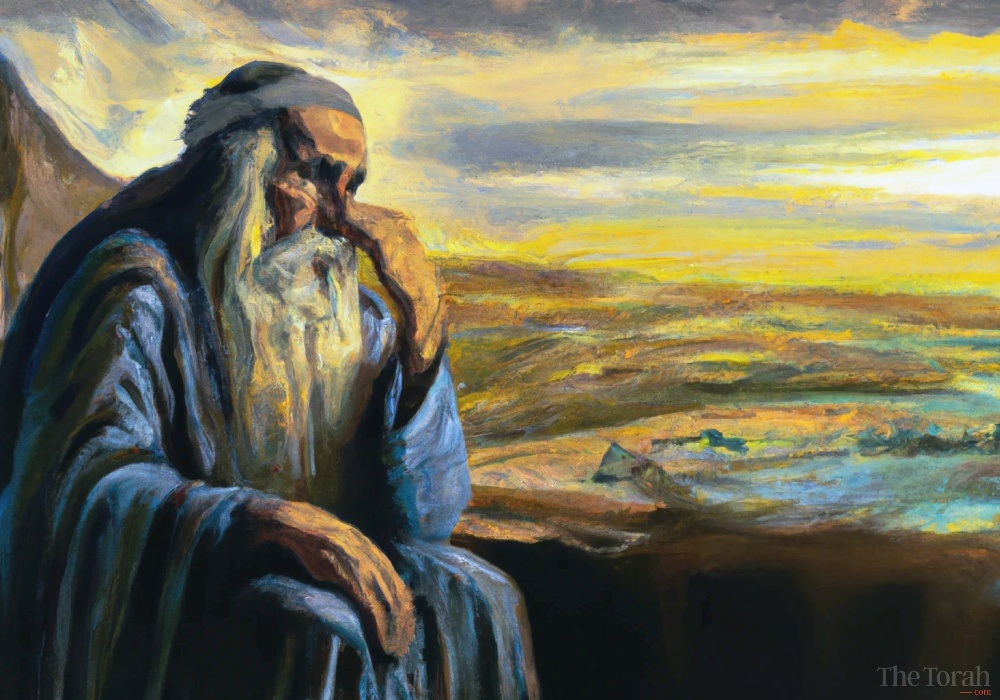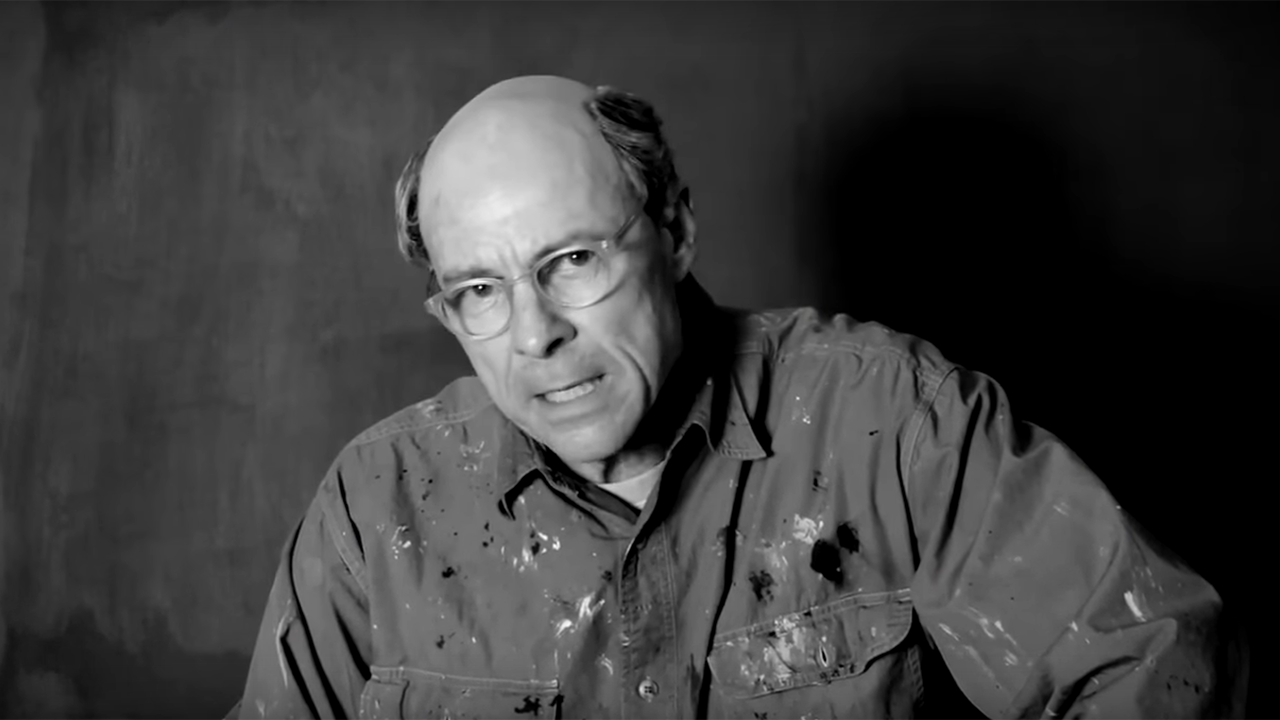First Confession
My first encounter with cigarettes was at the tender age of nine. During church one Sunday morning, my friend and I sat together in a separate pew away from the adults, the individuation had begun. I was given a quarter each Sunday to drop in the collection plate. On this day it had been prearranged for me to go home with my friend. So when the ushers started coming down the aisles with the collection plates, he whispered, “Keep your quarter. We’ll buy cigarettes with it later.” Oh, how temptation can start in the church pew.
How was I going to pull this one off? Like God, my mother was always watching. But I suddenly had an idea that was sure to fool heaven and earth. I secured the quarter between two fingers, cupping my hand to conceal the twenty-five cent piece, and when the plate came down our row, I waved my hand over it as if dropping my offering into the plate before passing it on. Mother smiled, and I tucked my quarter inside my sweaty palm until she looked away and I could slip it into my pocket. With such slight-of-hand skills I could have become a magician.
My friend lived next to a drugstore, and after lunch, the two of us went outside to play…ostensibly. His mom’s supervision was lax, which meant increased levels of mischief were available, like smoking behind the garage. As we ambled over to the drugstore I reached into my pocket and pulled out my quarter, purloined from God. The money entrusted to me for an offering was about to be spent on tobacco. The grip of sin was cold and hard on my young mind and heart.
Since I had never bought a pack of cigarettes in my life I had to entrust the purchase to my more experienced companion. He made frequent trips to the drugstore on cigarette runs for his smoker mom. Once hidden behind the garage, the preparation to smoke was like a Japanese tea ceremony. Those few seconds before lighting up when that cylinder dangled from my lips was the moment I began to shed the skin of childhood. With my first puff, I was transformed into Prometheus stealing fire from the gods.
Three cigarettes consumed and my joy turned to sorrow. The gods had sent the eagle to feast upon my liver. My head detached from my neck. There was a tingling in my extremities. My eyes began to water. I crawled a short distance on all fours, but my muscles had become like jelly. And then my stomach started to boil and the hurling began. I don’t remember the rest of the afternoon. I don’t remember coming home. What I do remember is entering my parent’s bedroom after my siblings were asleep and bursting into tears. My first cigarette led to my first confession and my first experience with grace. My parents said I had suffered enough and sent me off to bed. That day, I learned that confession and grace are a beautiful thing.



